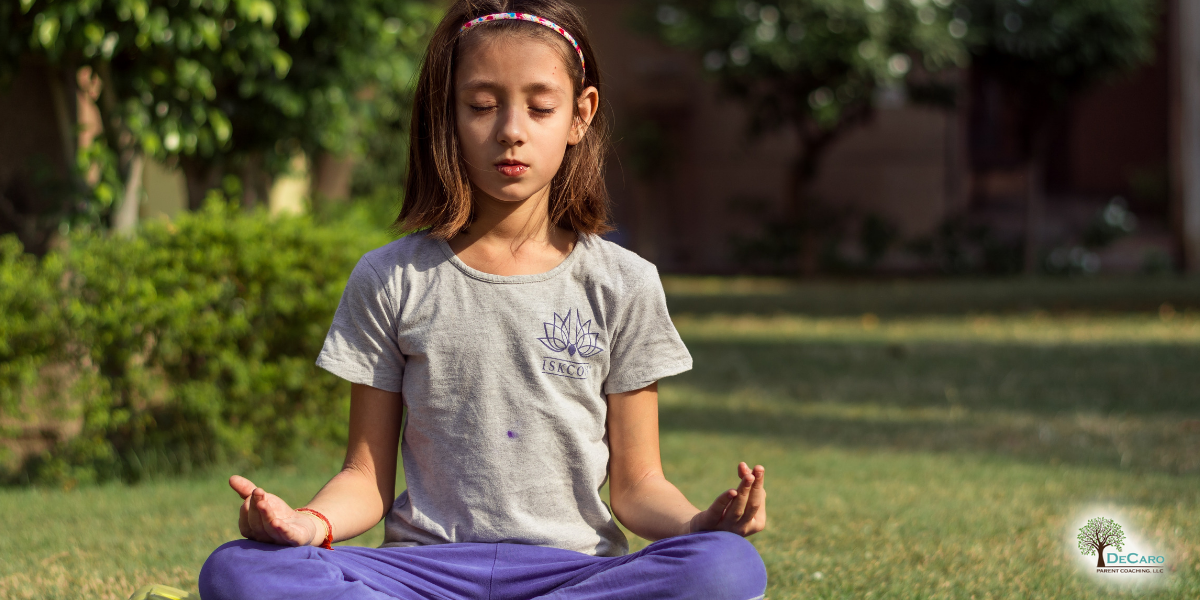Sue is a heart-centered coach, educator, motivational speaker, and International Bestselling Author, working with individuals, corporations, and families around the globe to navigate life’s daily challenges.
While integrating education, consciousness, and coaching, Sue helps individuals to feel empowered, grow and thrive. Her passion is to help people deeply connect to themselves, to their children, and of course, to the world around them, creating a brighter future.
Sue also serves as a member of the Wellness Council for the Unionville-Chadds Ford School District, focused on researching and identifying best practices related to improving student health. She served as a Guest Parent Specialist/Coach for Mindvalley University Training and an esteemed member on the 24-hour virtual help desk support team for
Mindvalley.com month-long summer event in Pula, Croatia, 2019.
Sue has had writings featured in various online publications and magazines. She has presented at events featuring Dr. Shefali Tsabary, Neale Donald Walsch, Marianne Williamson, Anita Moorjani, and John O’Sullivan. Sue has been an invited guest on radio shows and podcasts and has also appeared on Television, on The Dr. Nandi Show as well as a number of appearances on FOX 29, Good Day Philadelphia.


